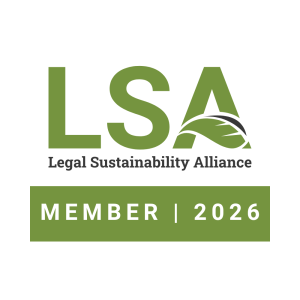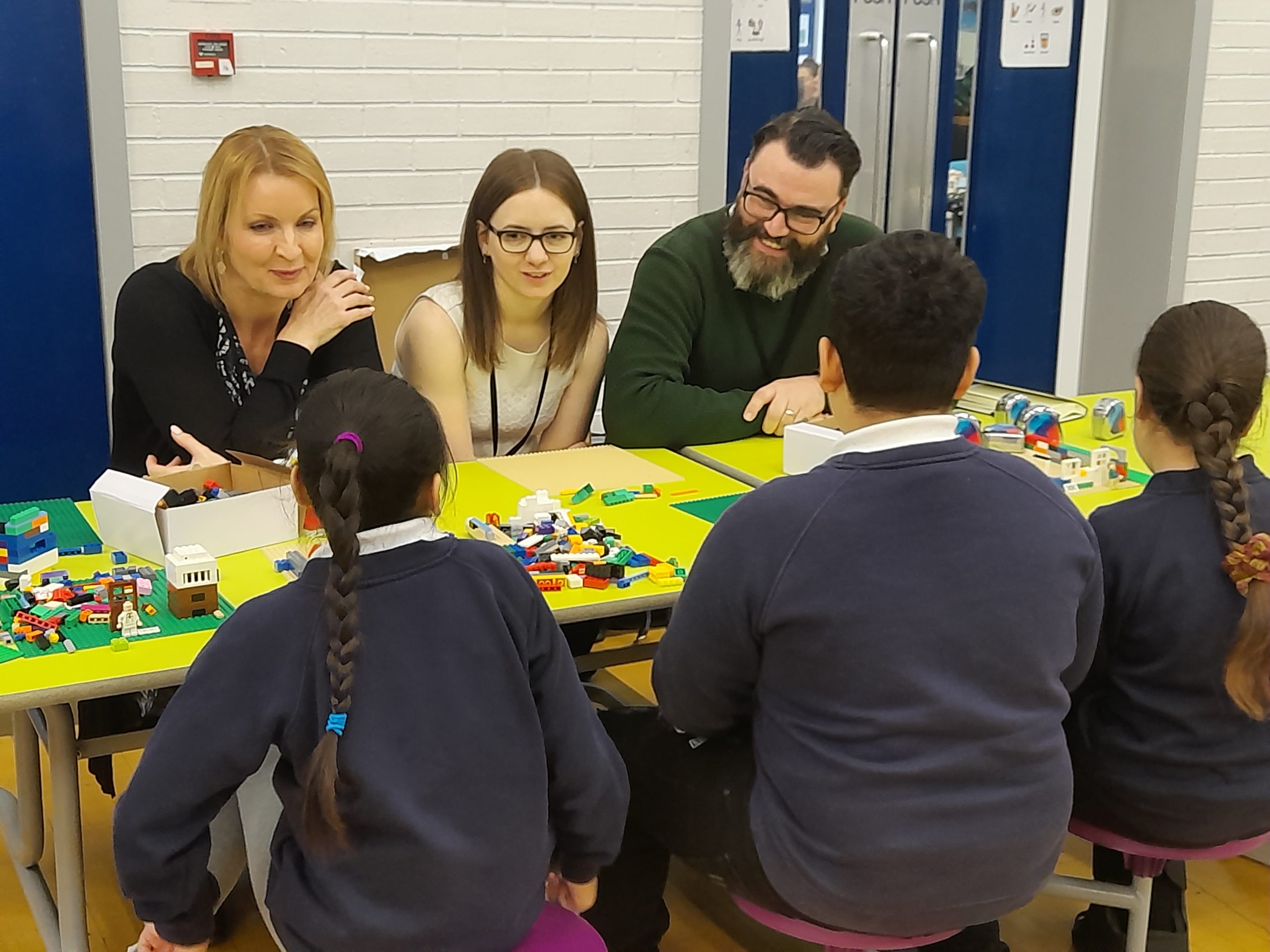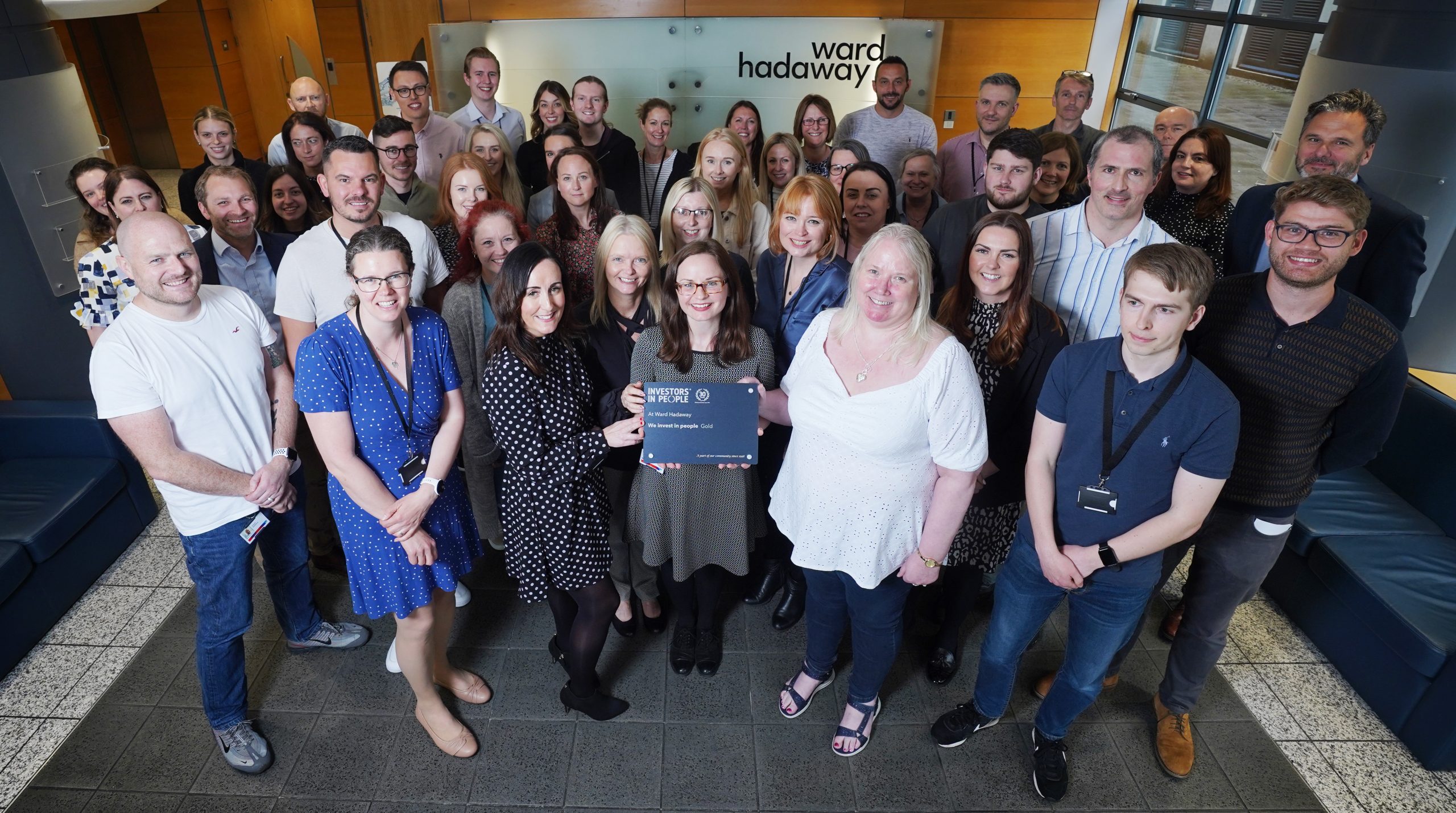Protecting the planet is the responsibility of everyone and it is only by working together that we can make the changes that are needed.
As a founding member of the Legal Sustainability Alliance and accredited to ISO14001, we are keen to play our part.
So how does this happen?
Our Environment Committee scrutinises all aspects of our operations to minimise the impact that our activities have on the environment.
Allied to this, we are working hard to calculate our yearly emissions to monitor progress so that we can continually chart our progress and make changes to our Carbon Reduction Plan to achieve our objectives.
This is not something which will be accomplished overnight. It will take a concerted effort right across the firm with all of us playing our part, but it is something which we are determined to do – not just because it’s the right thing to do but because it is the only thing to do for any responsible business.




 To develop and deliver a firm-wide environmental training and awareness campaign to influence personal and professional behaviours.
To develop and deliver a firm-wide environmental training and awareness campaign to influence personal and professional behaviours.

